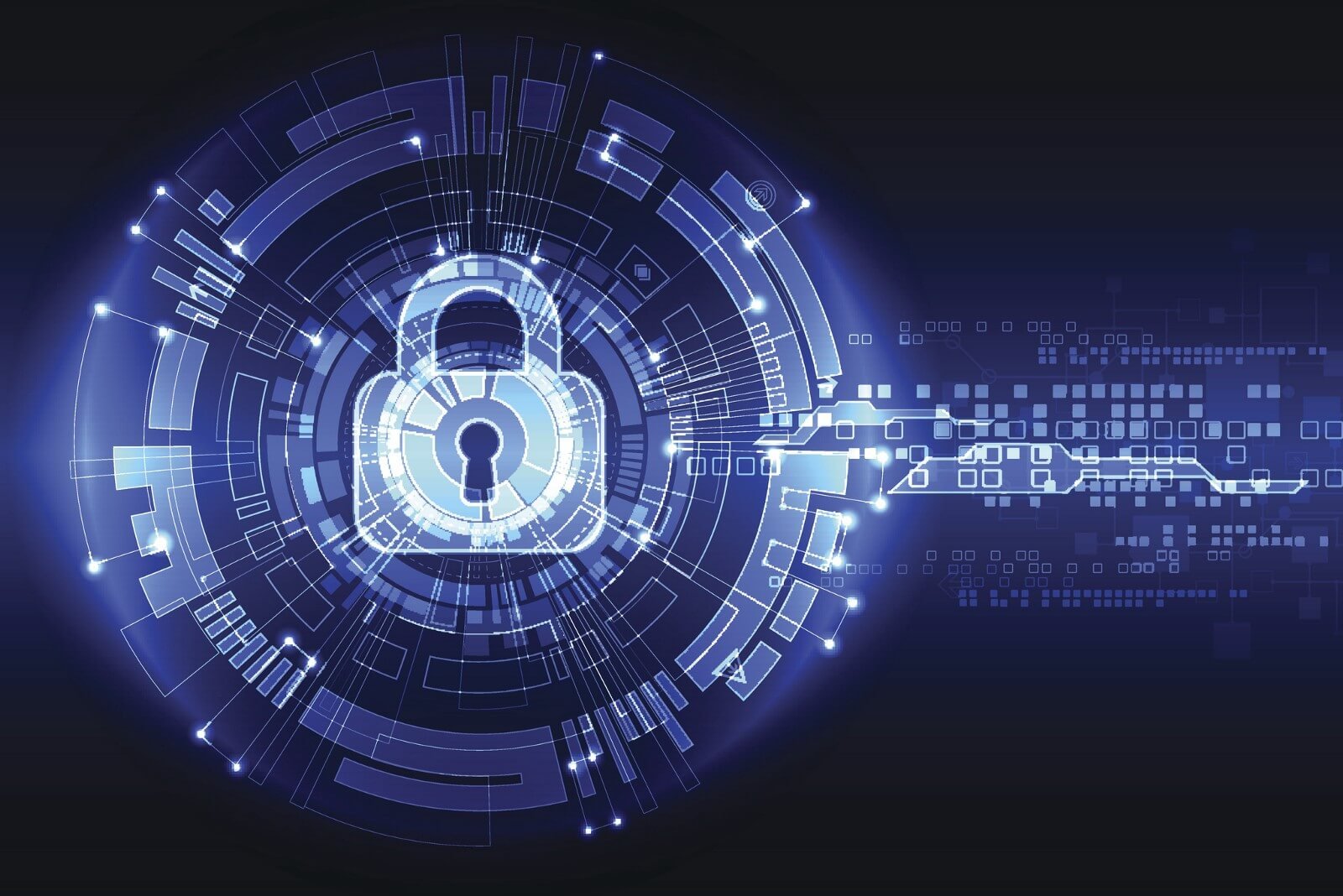

DigitalNote XDN is known for its features that enable users to make transactions in total privacy. Its anonymous technology is the result of implementing the CryptoNote protocol. It uses a unique encrypted messaging system that makes all moves on the DigitalNote blockchain untraceable.
DigitalNote XDN is a digital currency that works similarly to Bitcoin. The difference comes from the encryption system that denies access to the root of each block. This way, users can’t peek into other people’s financial information. So, the sender and the recipient are the only two people who know about the existence of a transaction.
But how does DigitalNote XDN work and is its specialised encryption powerful enough to influence the crypto ecosystem? Let’s take a look.
DigitalNote XDN uses a hybrid consensus algorithm – a combination of the Proof-of-Work (PoW) and Proof-of-Stake (PoS) consensuses. This allows PoW mining through an ASIC-resistant system that gives miners fair chances to validate blocks and get rewards. At the same time, the blockchain also promotes a reward system powered by the PoS algorithm.
Nobody owns or controls DigitalNote. Its founders disappeared in 2017, leaving the management of the blockchain to a community team. It uses peer-to-peer technology to maintain the network without any central authority to manage operations.
The CryptoNote protocol incorporates the CryptoNight algorithm. This algorithm ensures anonymity using ring signatures and stealth addresses. At the same time, it also works as a barrier against ASIC miners. Thanks to this protocol, users can’t abuse the system, making DigitalNote a genuinely decentralised network.
The hybrid algorithm also protects DigitalNote XDN against 51% attacks and the system incorporates VRX v3.0, an algorithm that keeps a balance between PoS and PoW, making attacks even less likely.
DigitalNote’s messaging system uses encryption to make communication between users simple but effective. Thanks to a peer-to-peer protocol, messages and transactions are encrypted. Only the recipient has the key to decrypt them.
The platform enables untraceable transactions and encrypted messaging to provide users with complete privacy.
Developers also plan to incorporate a self-destruct feature. This way, the network will delete the messages of both the recipient and the sender. It’s a way to ensure anonymity by allowing users to leave no trace on the blockchain.
The primary purpose of DigitalNote XDN is protecting the privacy of its users. The CryptoNote system enables them to hide transactions from outsiders and limits access to the blockchain from third parties.
Moreover, the DigitalNote blockchain claims that it can give users control over their finances as well as personal data. They can even perform near-instant transactions for almost zero fees.
DigitalNote grew its popularity using privacy as a core feature. But how does the network keep transactions untraceable? DigitalNote uses what the platform calls protocol-level coin mixing. This means that the system makes transactions unintelligible using coin mixing and ring signatures.
Ring signatures refers to when the network builds a ring of possible signers to every transaction, but only one of the signers is the sender. This method allows the blockchain to obfuscate the real transaction history, making it less likely for outsiders to get access.
Transactions are processed almost instantly and are broadcasted to the entire network through the DigitalNote Masternode Network. This is where coins are mixed, making transactions impossible to track on the blockchain.
Another cryptocurrency that uses ring signatures is Monero. In fact, both Monero and DigitalNote XDN were developed as forks of Bytecoin. Bytecoin was the first network to use the CryptoNote technology to provide absolute anonymity with ring signatures.
To get on board with DigitalNote XDN, you need to download one of the company’s graphical wallets. These are necessary for storing and trading your coins, as well as for mining.
DigitalNote provides three types of wallets for Windows, Mac, and Linux. The company also gives users in-depth instructions on how to encrypt their devices to protect their funds.
DigitalNote XDN may seem like the solution for protecting privacy on the blockchain. However, upon more in-depth analysis, there’s not really anything the network offers that users can’t find with other cryptocurrencies like Monero.
DigitalNote XDN uses an advanced blockchain infrastructure, but it has a low market cap, a slightly shady past, and seems to have no intention of communicating with the rest of the world. The company’s marketing and social channels barely exist, and the cryptocurrency is available on a limited number of exchanges.
While there seems to be a small community still active on DigitalNote XDN, there’s no guarantee that this project will stay the distance.
Denver, Colorado, 24th February 2025, Chainwire
Denver, Colorado, 20th February 2025, Chainwire
Washington, D.C., 18th February 2025, Chainwire
Dubai, UAE, 27th January 2025, Chainwire
Those who enter the market at this time may be surprised to hear that Bitcoin…
George Town, Grand Cayman, 22nd November 2024, Chainwire